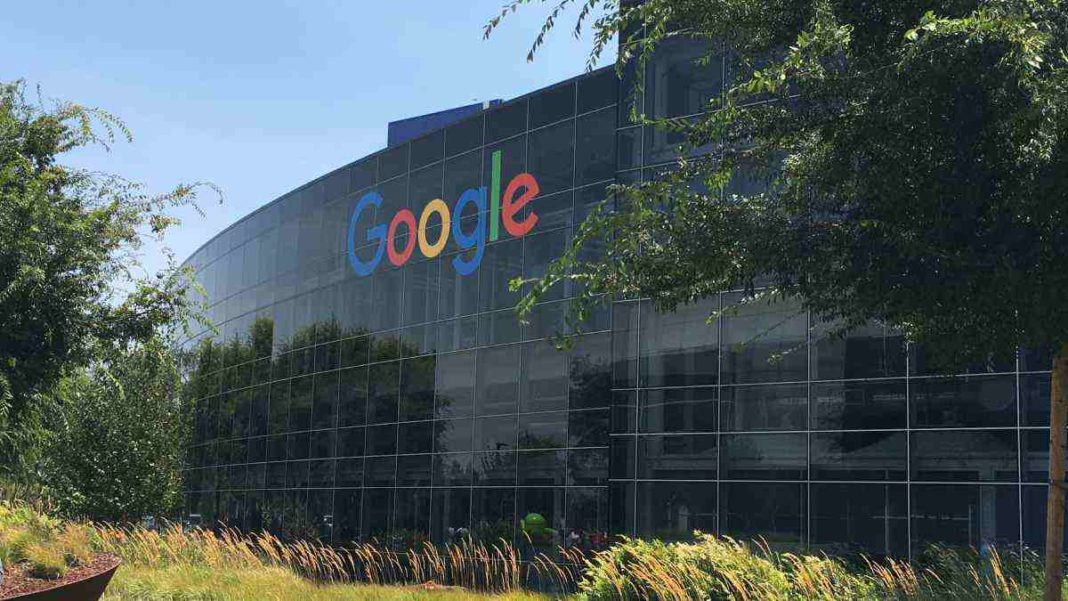UNITED STATES: Google has unveiled its highly-anticipated next-generation foundation model, Gemini, at this year’s I/O conference. With Gemini, Google aims to take on OpenAI’s GPT-4 and establish itself as a formidable force in the world of artificial intelligence.
Gemini, a large language model (LLM), is poised to set new standards in natural language processing (NLP) and multimodal capabilities. Google’s ambitious project is not merely about technological prowess but also a commitment to safety and responsible AI development.
The power of Gemini
Gemini is more than just a chatbot. Google’s visionary creation can generate content based on text inputs, summarize lengthy articles, and assist software engineers in writing code efficiently.
Unlike its predecessors, Gemini was meticulously designed to be multimodal, seamlessly integrating with various tools and APIs. Moreover, Google has invested in building the model with an eye toward future innovations, such as memory and planning.
According to Google, Gemini boasts “impressive multimodal capabilities” that were previously unseen in its own models, setting it apart in the competitive AI landscape.
Competing with OpenAI
OpenAI’s GPT-4 has been gaining traction, with integrations into Microsoft’s Office 365 apps and OpenAI’s own products like ChatGPT and DALL-E. Financial institutions and businesses are already harnessing the power of GPT-4 for various applications.
With Gemini, Google aims to challenge OpenAI’s dominance. The early access release of Gemini to a select group of companies suggests that Google is swiftly moving toward incorporating it into consumer services, including the Bard AI chatbot.
Additionally, Google intends to make Gemini available for businesses through its cloud unit, the Google Cloud Vertex AI service.
A focus on safety
CEO Sundar Pichai has emphasized Google’s commitment to ensuring the safety of AI models. Before releasing Gemini for business use, Google is rigorously testing and fine-tuning the model, aligning with the company’s dedication to ethical AI development.
Gemini’s integration into services
Google’s ambitious plans don’t stop with chatbots. Gemini is slated to power a wide range of services, from consumer-facing chatbots like Bard to enterprise applications. This strategic move positions Google to compete more effectively with Microsoft Azure and offer advanced AI capabilities to a plethora of industries.
The future of Generative AI
As Google’s Gemini and OpenAI’s GPT-4 engage in a fierce competition, the world of generative AI is poised for a transformative era. These advancements promise to revolutionize how we interact with AI-powered applications, from content generation to coding assistance.
The stakes are high, and the tech giants are sparing no effort in their pursuit of excellence. As the battle between Gemini and GPT-4 unfolds, one thing is certain: the future of AI has never looked more promising, and innovation is the ultimate victor in this race toward AI supremacy.
Also Read: Google’s Visual Transformation of Bugdroid Signals an OS Evolution



